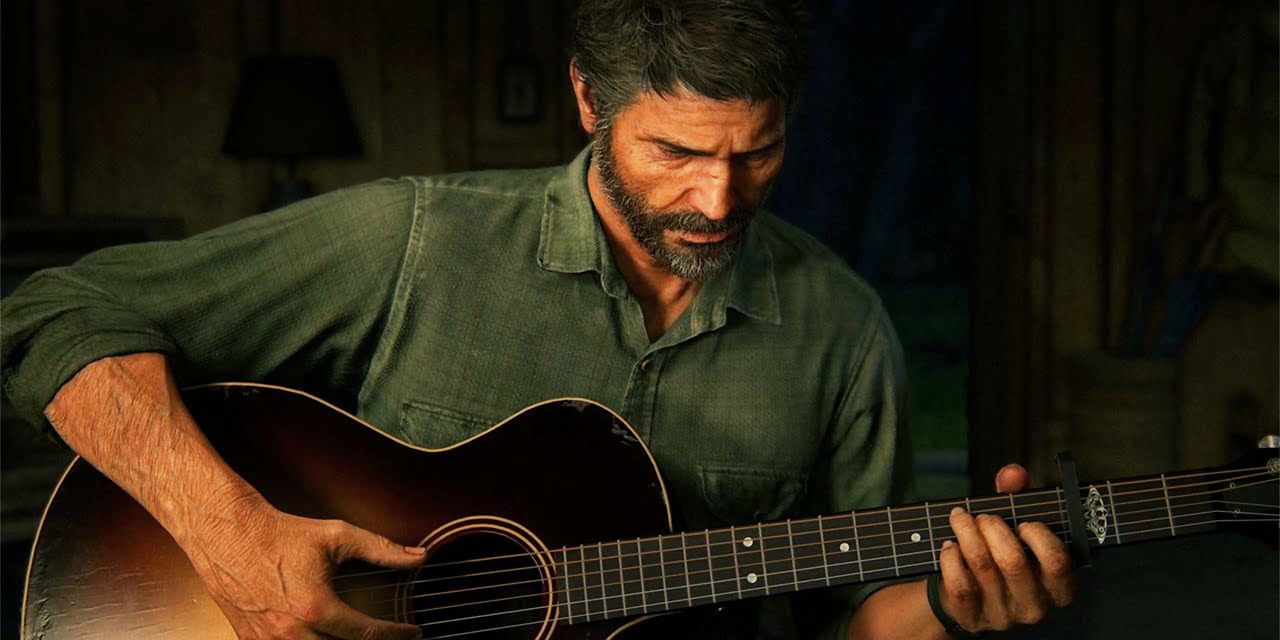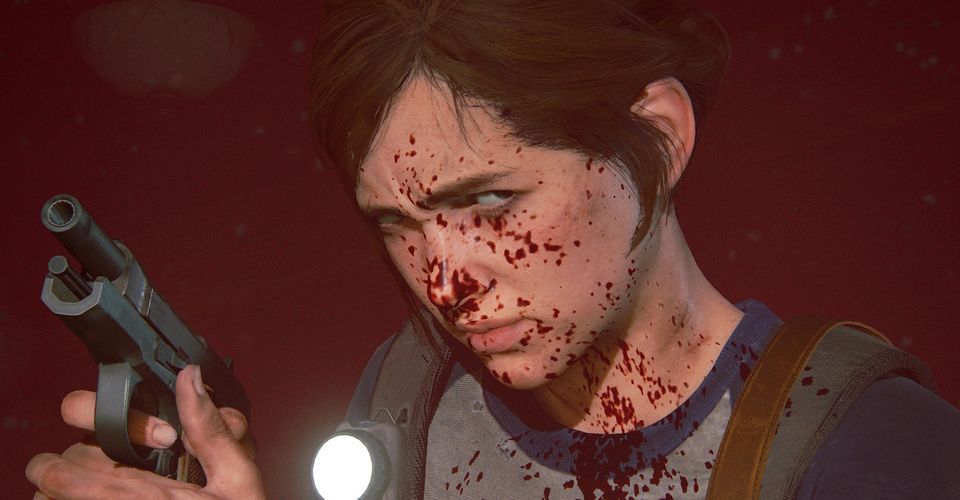The Last of Us Part 2 is an award-laden near-masterpiece that sold a wealth of copies, breaking records left, right, and center, but there is a very vocal minority that refuses to let go of one aspect: Joel’s story. Yet, they often fail to grasp this singular, simple thing. He was never a hero, nor was he intended to be, and his comeuppance was a direct karmic reaction. Strip that away, and the second game would be all about a selfish husk of a man that’s as villainous as any other twisted monster in the apocalypse. Spoilers ahead.
When I beat the first game for the first time only a couple of years ago, I immediately texted my friend, “Joel needs to die.” – I had no idea at the time that Neil Druckmann and Halley Gross felt the same way. That finale was a beautiful spectacle of injustice and selfish, bitter rage. There was a semblance of understanding for Joel’s behaviour and actions and his unkempt mental state, a connection that could be formed between player and protagonist, but all along, we were watching the origin of a villain, decorated with a sympathetic edge.
At the end of the first game, Joel wipes out countless doctors and Firefly members in a guns-blazing, testosterone-fuelled selfish act of malice. It’s not to save Ellie or protect her – if it was, he wouldn’t lie to her about it. Maybe some of us would do the same in his shoes: what he did is ultimately human. That’s what’s so great, but that doesn’t make it right – and it doesn’t make it good. If we step into Abby’s perspective, it’s easy to see that Joel is the villain of her story. He killed her father. Joel never stopped to think while he was stripping other people of their own loved ones – all that mattered was that he got what he wanted. He’s a monster, through and through.
That finale put me into the shoes of a man I did not want to be. Standing there, gunning down innocent bystanders, killing so many just to preserve that father-daughter bond Joel had longed for since his biological daughter died felt utterly wrong. I didn’t want to do it, and it baffles me that there are those out there who played through that moment and enjoyed it, or accepted it, or even saw it as necessary. It felt dirty. That instance in the story flipped a switch for me – Joel went from a sympathetic man on a journey to do good, having meaning in his life through a selfless goal, to a dangerous, intimidating, eerie old creep that would kill anyone who dared to even risk stripping his ‘daughter’ away from him. All the while, he never stopped to think what Ellie would want.
That’s yet another layer of his selfishness. That’s ultimately what Joel’s Achilles heel is. Stepping back into that character and treading through the same muck of watching a downtrodden grieving dad longing for that relationship would’ve been a bore, and it would’ve felt dirty once more, albeit for the entire game. He deserved that golf club ending, as brutal as it was. Joel is ultimately a character, not a real person. To say he deserved to die passes judgement on the themes of this fictional tale; in dooming the entire world and killing Abby’s father, her motives become just in a world already so full of bloodshed and despair.
This is not to say that Ellie and Abby are perfect. Nobody in this apocalyptic dystopia riddled with fungus zombies is. It’s a world of grey that’s filled to the brim with people doing horrific things for their own horrific motives – it’s what’s so appealing about this genre.
But they learn. Ellie learns. Abby too. There’s growth and character development that takes them to better places after an arduous journey of mistakes and wrong calls. Everyone’s hands are bloodied in The Last of Us, soaked in it, grime firmly planted under their jagged nails. Yet, they learn. Joel never did. He wasn’t improving, he was delusional. That’s why he had to go, because where else could he have gone? His arc was over the minute he did what he did because that’s who Joel is – we just hadn’t seen it up until that point.
Source: Read Full Article

